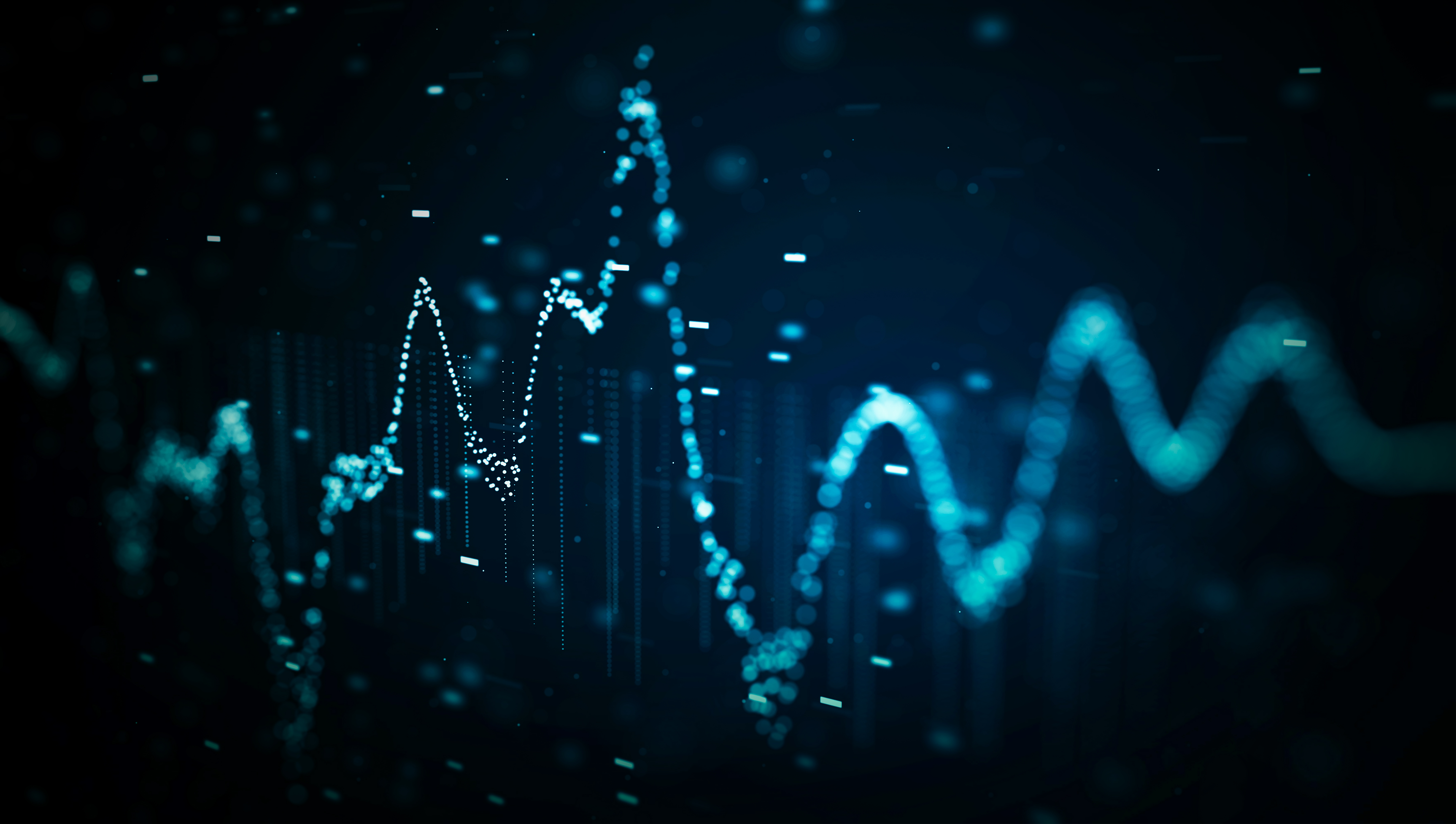Sustainability with Risky Growth
Published: May 16, 2023
This research will help policymakers understand how economic growth, risk, and the financial sector influence sustainability objectives. It provides a useful theoretical framework useful to help assess what policies related to growth and financial depth are likely to affect sustainability (Working Paper no. 23-05).
Abstract
We investigate the fundamental determinants of sustainability in general equilibrium. We adopt a definition of sustainability that requires that the welfare of future generations is not expected to decrease on average. We then use a stochastic growth model to explore the conditions under which an economy is sustainable, considering different types of risk. In general equilibrium, sustainability boils down to supply-side factors, with increased growth, decreased consumption risk, and greater financial depth making sustainability more likely. Our results have policy implications regarding endogenous investment, catastrophic-risk management, investments in clean and dirty technologies, and the importance of risk-sharing assets.
Keywords: growth, rare disasters, climate risk, long-run risk, welfare, intergenerational equity, financial depth
JEL Classifications: D61, D63, E22, G11, H12, O40, Q01, Q54
